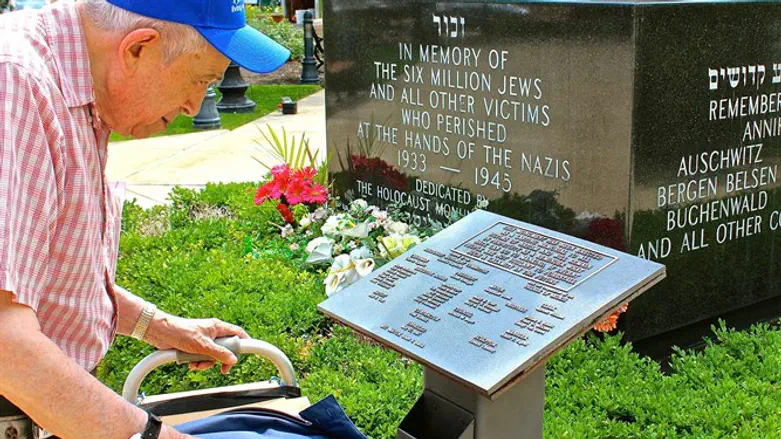
Prime Minister Binyamin Netanyahu has invited Polish Foreign Minister Jacek Czaputowicz to visit Israel in a week and a half.
The invitation comes in spite of the harsh criticism over the joint declaration by the Polish and Israeli governments on the Polish Holocaust Law, which ended a nearly six-month crisis surrounding the law.
This is the first visit by a senior Polish official since tensions erupted between the two countries last January.
Poland changed the legislation to remove fines and jail terms of up to three years for anyone found guilty of ascribing Nazi crimes to the Polish nation or state after it sparked outrage in Israel.
When the Polish law was originally approved in January, it prompted sharp protests from Israel, as well as criticism by the United States, among other countries.
Jewish organizations, including the World Jewish Congress, complained the law was a violation of free speech and impediment to historical research of the Holocaust.
The joint Israeli-Polish statement on the law came under fire in Israel, where Justice Minister Ayelet Shaked said, "You cannot silence any criticism of a political claim. The historical truth should be told and not distorted: Polish aid to Jews during the Holocaust was a relatively rare phenomenon and a violation of them, and even their murder was a common phenomenon."
The Yad Vashem Holocaust Museum in Jerusalem also released a statement in which it said the "joint statement contains grave errors and deception."
"The essence of the statute remains unchanged even after the repeal of the aforementioned sections, including the possibility of real harm to researchers, unimpeded research, and the historical memory of the Holocaust.”
Education Minister Naftali Bennett said, "The joint statement by the Prime Minister of Israel and the Prime Minister of Poland regarding the responsibility of Poles in the Holocaust is disgraceful, full of lies and distortions, and it desecrates the memory of many Jews murdered by Poles."
"The statement describes a so-called systematic action by the Polish government-in-exile and the Polish undergrounds for help and assistance to the Jewish people, which is not compatible with reality," he added. “These activities were few and not central.”
